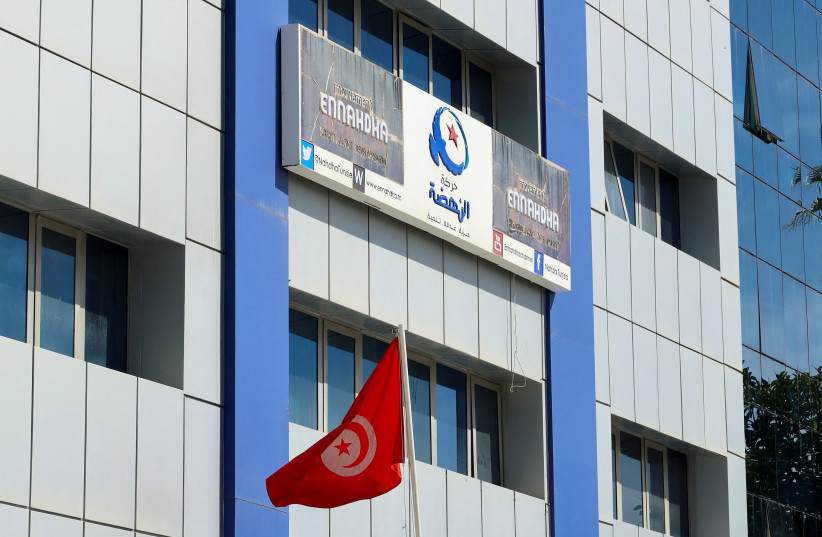A Tunisian court recently sentenced opposition politician Rached Ghannouchi to one year in prison. He was detained last month, having been accused of various plots.
After Tunisia’s transition to democracy in 2011, the Ennahda party that Ghannouchi led was seen as one of many parties rooted in the Muslim Brotherhood in the Middle East that were hoping to use the Arab Spring to their benefit.
Tunisia’s President Kais Saied has recently consolidated power in Tunisia. A recent attack on a synagogue in DJerba shows that extremists still exist in the country.
The Muslim Brotherhood's political control
In some Western countries, there remains strong support for the Brotherhood and also parties like Ennahda that are seen as moderate Islamist or Political Islamic parties. This raises questions on how these parties should be seen.
In Egypt, the Brotherhood briefly came to power in 2012 before being overthrown by protests in 2013. Now Al-Ain media, in the UAE, have suggested that Tunisia may soon ban the Brotherhood.

The Al-Ain report says, based on consultations with an expert, that the Ennahda movement may be “close to its end.” This would fit a pattern in Egypt and the Gulf where the Brotherhood has faced legal challenges and been disbanded.
The report in Al-Ain says that although the movement has appointed a temporary president that it is in disarray. It says that the movement had been dominated by Ghannouchi for many decades and that it is run by a tight circle of men.
Meanwhile Middle East Eye reports that a “leader in the Tunisian Ennahda Movement, Sahbi Atigue, yesterday began a hunger strike to protest his imprisonment on ‘malicious’ charges, his lawyer Mohsen Al-Sahbani told reporters in the capital, Tunis.”
If the Ennahda party is indeed reduced in influence or disbanded in some way, either by authorities or other means, this will be a major development in Tunisia.
When they come to power, like the AKP in Turkey, they tend to be authoritarian. They use democracy to achieve power, as Hamas tried to do in 2005 and 2006. However, once Hamas achieved power in Gaza it became a one party state backing extremists.
Some, in the West, tend to view these parties as more moderate and believe that a crackdown leads to authoritarianism and could fuel extremism. It remains to be seen what will happen in Tunisia.
